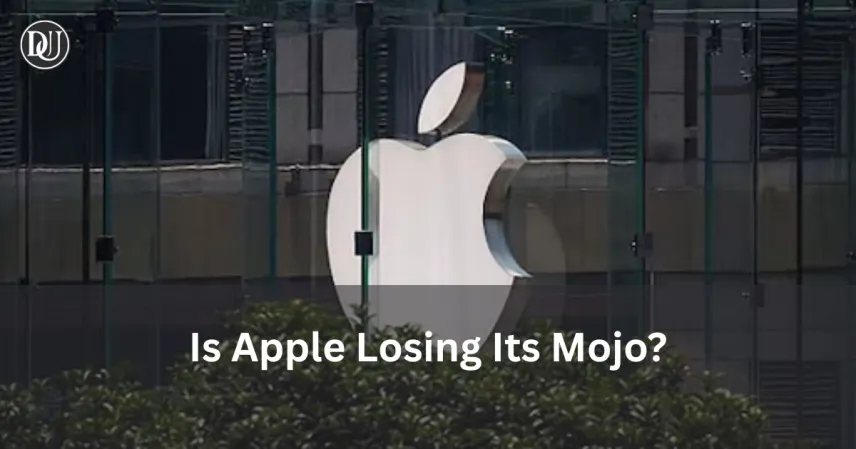Here's something that’s been on my mind lately. You know how Apple is usually the company that sets the trends, the one everyone looks to for the next big thing? Well, it feels like they’ve been a bit quiet on the Artificial Intelligence front. While other tech giants are shouting from the rooftops about their latest AI breakthroughs, Apple seems to be, well, lagging. This got me thinking: what’s really going on, and are they feeling the heat?
Why Apple Might Be Feeling the Heat on AI
Let's be honest, for a company that prides itself on innovation and seamlessly integrated tech, Apple's AI presence feels a little… understated. We're seeing companies like Google, Microsoft, and even smaller players making huge strides with generative AI, making headlines and basically changing how we interact with technology. And then there's Apple, with Siri, which, bless its heart, sometimes feels like it's stuck in 2015. You know what I mean, right?
- Siri's Limitations: While helpful for basic tasks, Siri often falls short compared to more advanced AI assistants. It doesn't quite have that conversational, intuitive feel we're seeing elsewhere.
- The Innovation Gap: Think about the buzz around ChatGPT or Google's Bard. These tools have captured public imagination. Apple hasn't really had a comparable 'wow' moment in generative AI.
- Competitor Pressure: Companies are integrating AI into everything from search to productivity apps. This puts immense pressure on Apple to show they're not just keeping up, but leading the pack in their ecosystem.
Now, I know what you’re thinking: Apple always plays the long game, focusing on user experience and privacy. And that’s totally fair. But in the fast-paced world of AI, speed matters. It’s not just about building features; it’s about shaping how people interact with their devices in fundamental ways. If they don't jump into the deep end soon, they risk looking like they're just catching up, not innovating.
What This Actually Means for Your Next iPhone (and Beyond)
Here’s the thing: Apple's AI 'stumble' isn't just a tech industry footnote; it has real implications for us, the users. If Apple doesn't bring truly cutting-edge AI to its devices, what does that mean for the next iPhone or Mac? Will the new features feel as revolutionary as they used to, or will they seem like minor upgrades compared to what competitors offer? It makes you wonder if our beloved Apple ecosystem will start feeling a bit… behind the curve.
Think about it: personalized experiences, smarter daily assistance, more intuitive interactions – these are all driven by powerful AI. If Apple can’t deliver on these fronts with the same flair and privacy-first approach they’re known for, then the user experience might not feel as magical. It’s about more than just a voice assistant; it’s about how your devices anticipate your needs, help you be more productive, and seamlessly integrate into your life. That’s where the real impact of AI lies, and that’s where Apple needs to shine.
Bottom Line: Apple's Big AI Moment is Coming (Hopefully!)
Honestly, Apple is at a critical juncture. Their reputation for groundbreaking innovation is on the line, especially in the AI space. While they've typically been careful and deliberate, the rapid evolution of AI demands a bolder, more public approach. We're all waiting to see what they'll unveil next that truly leverages AI in a way only Apple can. Do you think Apple can still catch up and truly innovate in AI, or have they missed their big chance? Let us know!









